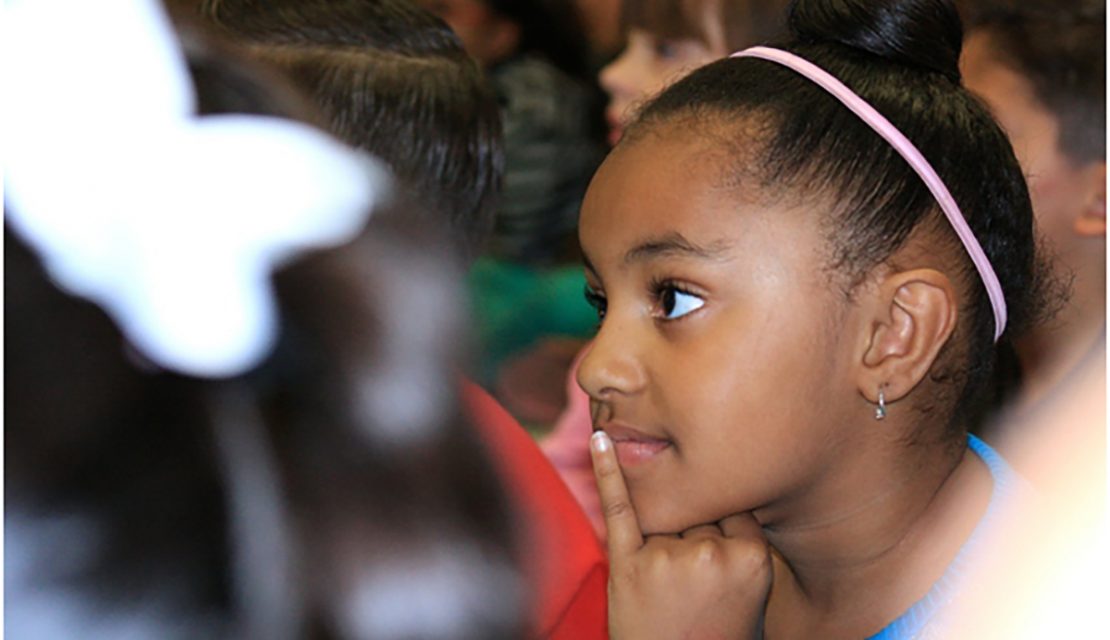
Four Ways to Develop Continuous Learning habit: An essential Strategy for your future Success
By Brenda Guchu
In the last 6 years, I enrolled for a myriad of classes with the intent of improving my skills. I have been to a variant of French and Spanish online classes, taken up Programming and Finance classes, opened and closed numerous blogs, joined and abandoned numerous courses on Coursera amongst many other things that my browser history will attest to. I have been very busy!
But has this state of rapid field-hopping served me well? The answer is a hard no. While I can greet you in French and compliment you of your nice scent in Spanish, my vocabulary is largely limited to nouns and pronouns in both languages. While I can create text links to websites and insert images on HTML, that’s possibly all I can do. All I managed to do is unnecessarily gather [limited] information in a copious number of fields. It is debatable, but besides having an array of conversation starters for strangers in different fields, there are only so many ways I would say my knowledge base is helpful on a day to day basis.
How do you learn continuously in a way that helps you in your career and your entrepreneurial prospects? I highlight 4 ways here based on my personal experience. There are probably many more ways, but the aim of this piece is to begin a conversation to share what has and what has not worked for us.
Focus on One Thing at a Time
Most people are unsure what skill they want to acquire outside the skill-base recommended for their career. I would recommend a little trying and testing. But if there is anything to learn from my 6 years of trial and error, it is that you need to circle for the kill as fast as possible. Focus on one item, and master it ruthlessly before you move on to the next thing. What is the purpose of being familiar with 5 languages if you can’t hold a conversation in any of them?
Expose Your Skill to its Natural Habitat
While learning behind computer monitors is obviously great and cheap, the fastest learning happens outside the comfort of your screen. Try not to linger too long behind the screen and take your skill where it belongs. If you are learning Coding for example, it would massively accelerate your learning to find a coding community. If you have the means, it would benefit you to holiday in France and interact with the locals if you are perfecting your spoken French. If not, find people on the same learning curve as you and interact with them.
Read
Reading cannot possibly be overemphasized. Conscious and habitual reading makes acquiring skills much easier. If you have a habit of reading widely, you will often find that you have a starting point for almost any skill you want to acquire. This pre-existing baseline might not be in depth or in a desirable helpful form, but that abstract form of the subject will make it much easier for you to comprehend the subject matter. It will be like teaching a child already familiar with the alphabet how to spell. More than that, you will know what subjects are of interest to you long before you waste time on them.
Acquire Skills with Purpose
Not so long ago I would wake up in the morning and decide I want to learn a new language, no questions asked. I would then relentlessly start looking for materials and lessons. I would diligently follow on the courses for two weeks, before a more attractive skill comes along and I decide I can hold off my learning. I would stick to this vicious cycle of learning and unlearning one skill after another with no progress. Until I started asking ‘why?’.
Asking “why?” allows you to connect what you want to achieve with what you are already passionate about. It gives you a good indication as to what area of the subject you want to focus on. For instance, if you want to learn French because you’re interested in French literature, learning purposely to compliment your fascination with French Literature will take a focus on your ability to read and write in French, as opposed to speech which is what most people learning a new language rush for.
Acquiring new skills is a beautiful journey, but I have made many mistakes through unfocused enthusiasm. The greatest lesson is to learn to curate your experience to your persona, while you dig into the cookie jar of learning.
What has your experience been?
